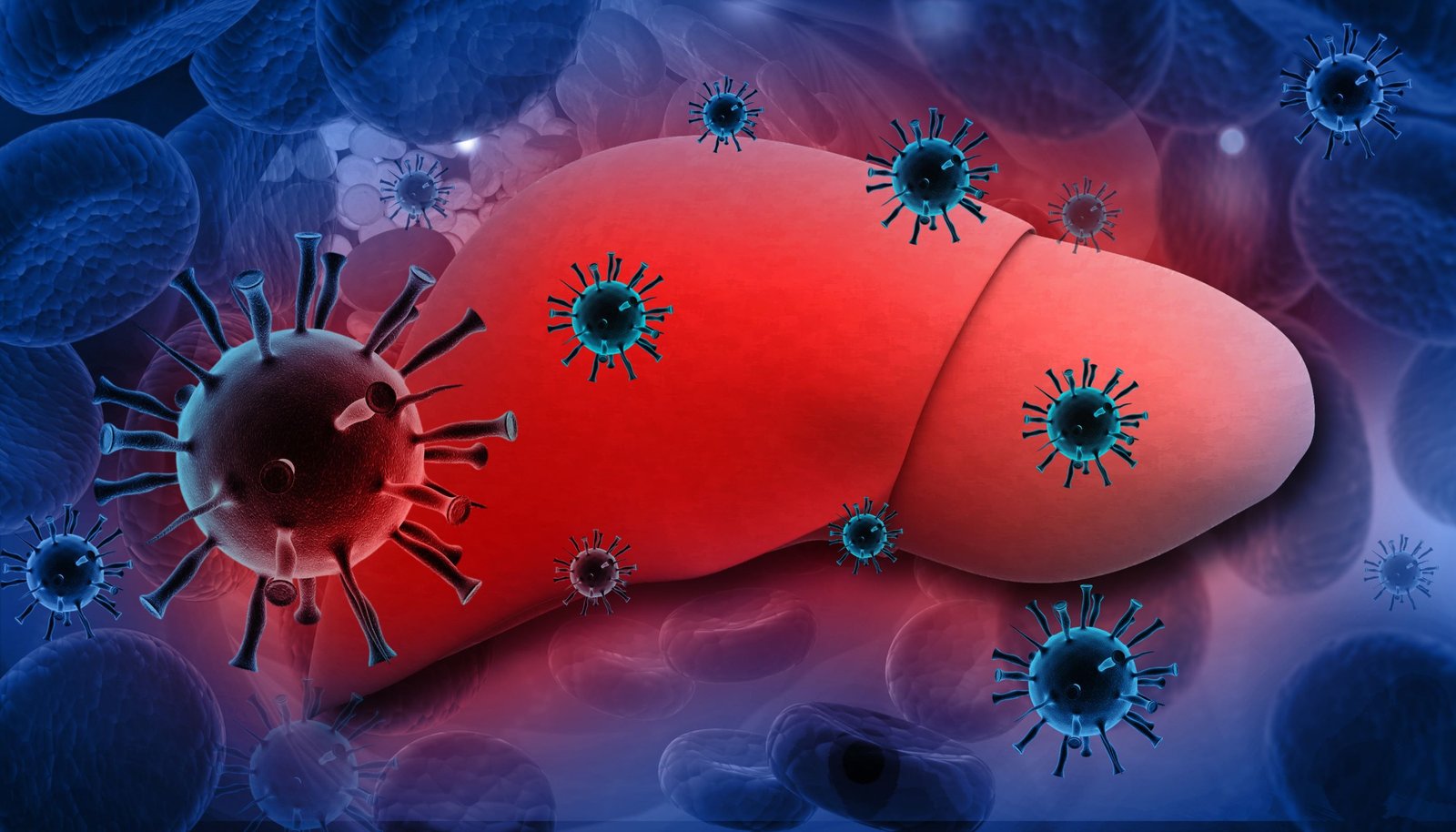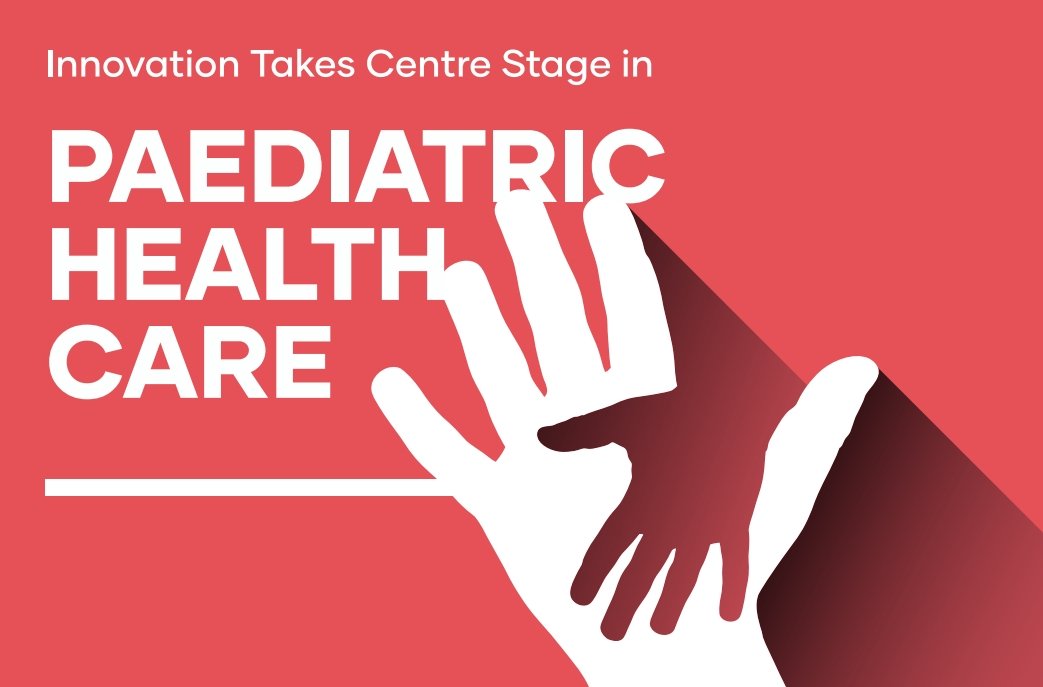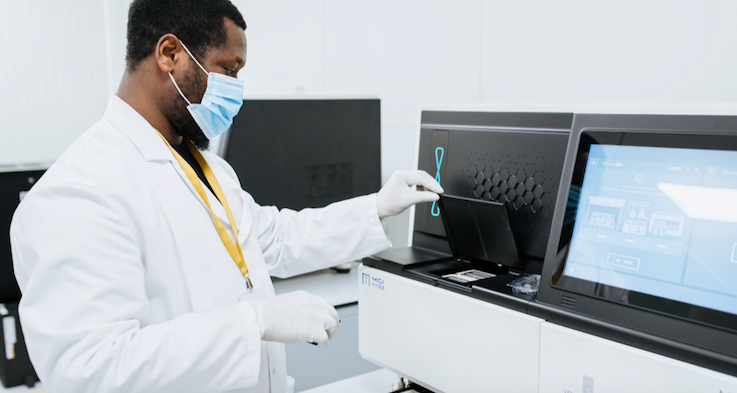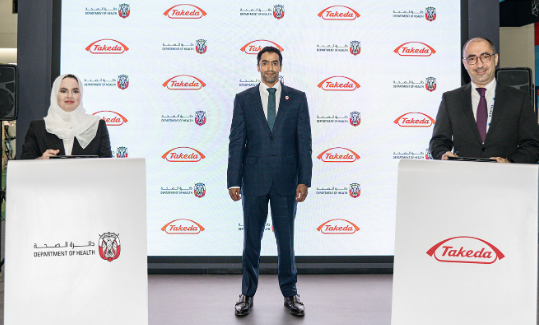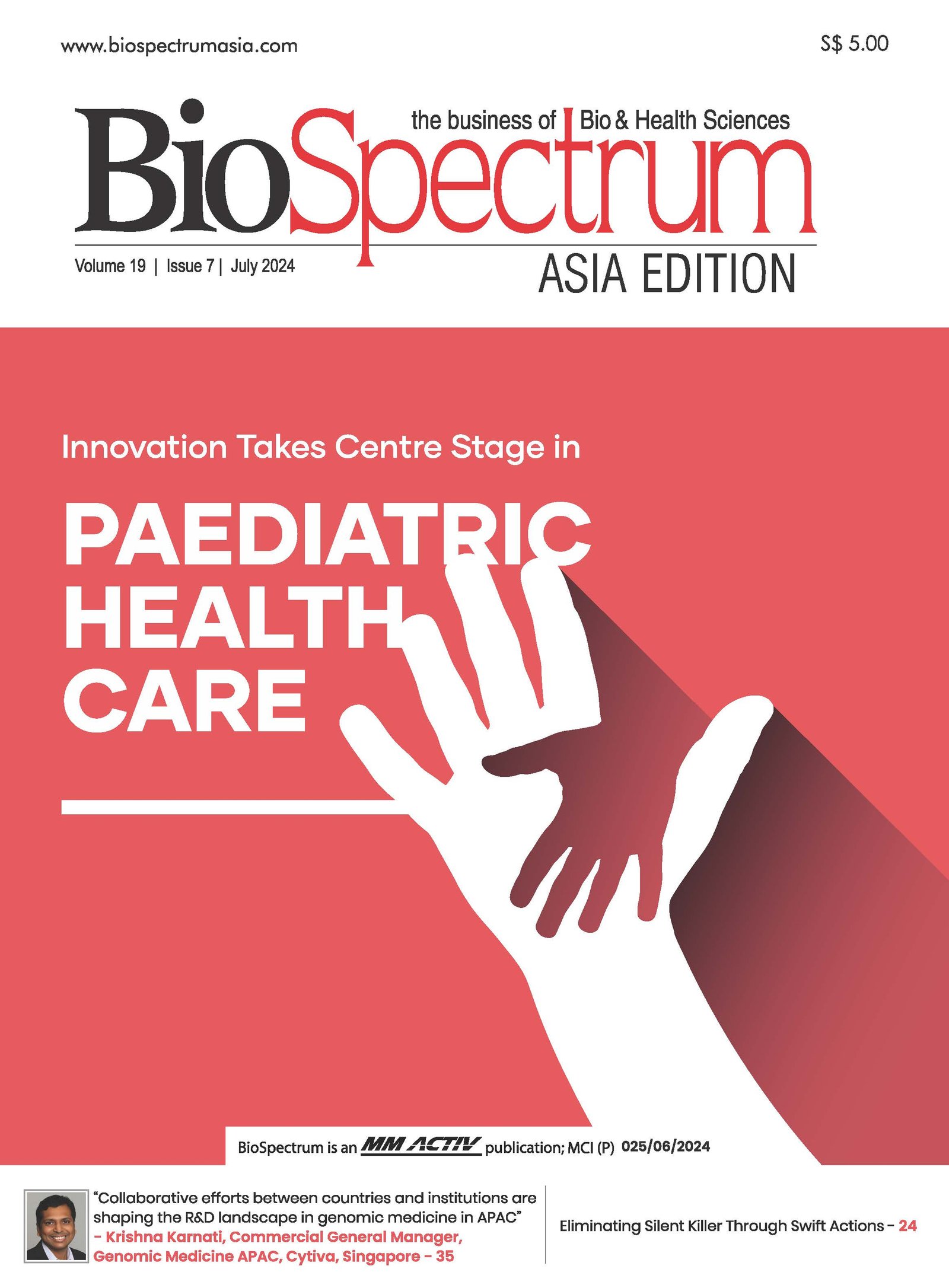From Hematologic to Autoimmune Disease – The CAR-T Therapy Second Revolution
01 May 2024 | Opinion
Cell and gene therapies have revolutionised the field of medicine, offering new treatment options for patients with various diseases that, by type of disease or severity, were considered untreatable until a few years ago. Rapid technological advancements in genetic and biological engineering and improvements in the quality and standardisation of the manufacturing process are fostering a marked increase in clinical development of these advanced therapies, generally named cell and gene therapies (CGT), and they are expected to receive more approvals in the near future.

The Alliance for Regenerative Medicine reported in its January 2024 meeting that, up to 17 regulatory approvals in the U.S. and Europe are anticipated for the coming year in cell and gene therapies, compared to eight approvals in 2023. This is despite the impact and changes in priorities caused by COVID-19.
In the CGT field, chimeric antigen receptor-directed (CAR-T) cell therapies have emerged as a groundbreaking approach for treating patients with cancers that previously had proved to be resistant to available conventional therapies. Specifically, CAR-T cell therapies targeted against antigens expressed on B cells (CD19 and BCMA) have been successful in treating blood-related cancers. Now we are seeing early promising results in expanding CAR-T application to autoimmune diseases, providing new hope for patients suffering from these debilitating conditions.
Evolution and Medications Approved to Date
CAR-T therapy has come a long way since its inception, with significant advancements in design, manufacturing and clinical applications. The first CAR-T therapy approved by the US Food and Drug Administration (FDA) in 2017, Novartis’s Kymriah, targeted CD19-positive B cell malignancies, such as acute lymphoblastic leukemia and non-Hodgkin lymphoma. Since then, five more CAR-T therapies targeting CD19 and BCMA antigens (Tecartus, Abecma, Yescarta, Breyanzi and Carvykti) have been approved.
To date, across all six FDA-approved CAR-T therapies, drugmakers have reported treating about 34,400 patients worldwide, and these therapies have demonstrated remarkable efficacy, with durable remissions in patients who have exhausted other treatment options. The success of CAR-T therapy in hematologic diseases has sparked interest in exploring its potential in treating other indications.
Autoimmune and Other Diseases Responsive to CAR-Ts
In recent years, research has yielded promising results in using CAR-T therapy for treatment of autoimmune diseases, particularly in clinical data from Müller et al. Notably, patients with systemic lupus erythematosus (SLE), idiopathic inflammatory myositis and systemic sclerosis have shown varying stages of responsiveness to CAR-T therapy. Several studies have demonstrated the potential of CAR-T cells targeting specific immune cells or autoantigens for improved disease control, reduction in autoantibody levels and amelioration of symptoms in these diseases.
In 2021, a team of researchers from the University Hospital Erlangen in Germany began the first study of CAR-T therapy in patients with autoimmune diseases. In late 2023, the team reported that all of the first 15 autoimmune disease patients who received CAR-T therapy saw the debilitating symptoms of their diseases, including lupus and myositis, substantially improve or go away entirely. Data from this trial showed that CD19 CAR-T cell treatment not only effectively depleted the B cell surface antigens in patients with SLE, but also led to drug-free remission of this systemic autoimmune disease.
Encouraged by the promising results of CAR-T therapy in autoimmune diseases, a number of biopharma and biotech companies such as Novartis, Bristol-Myers Squibb, Cabaletta Bio, Nkarta and Kyverna have started and are at different stages of clinical programmes with CAR-T therapies directed against CD19, BCMA and target antigens. This research is attempting to validate and assess the safety and efficacy of CAR-T in treating a vast array of diseases, including the already-mentioned SLE and lupus nephritis, but also primary membranous nephropathy, pemphigus vulgaris, myasthenia gravis and ulcerative colitis.
Challenges in the Field
Despite the potential of CAR-T therapy, several challenges need to be addressed; for example, the FDA’s recent concerns regarding the potential development of T-cell malignancies in patients receiving such therapy. Companies with CAR-T therapies in autoimmune indications have been particularly sensitive to the news, as the risk of cancer might not be as acceptable to the overall benefit/risk ratio for chronic diseases as it might be in oncology. Additional analysis of safety data is currently ongoing by CAR-T drugmakers, but these safety concerns emphasise the need for better understanding of patient medical history, rigorous monitoring and follow-up of patients to collect long-term data after exposure to therapy. (The latter will probably be a lifelong requirement as recently proposed by the FDA, instead of the previous mandate of 15 years.)
Another aspect to be considered, and likely to be impactful for future clinical development, is the availability of qualified investigational sites and physicians to support the rapid expansion in the number of CAR-T clinical trials, and their capacity to treat the increasing volume of patients to be administered with these therapies in the coming years. Currently, many experienced cell therapy clinical sites are located at major hospitals or academic research institutions, which may not necessarily align with where patients are located. Combined with increasing regulatory requirements for patient diversity data, especially when targeting chronic diseases, there is an overall industry need for innovative ways to drive patient enrollment.
Conducting studies in CAR-T therapies requires certain specific features of sites; for example, experience in and dedicated spaces for apheresis procedures and infusions. In addition, there will be a need for additional training of medical staff not yet familiar with CAR-T therapies’ associated reversible toxicities, such as cytokine release syndrome (CRS) or Immune Effector Cell-Associated Neurotoxicity Syndrome (ICANS), even if fewer and milder cases have been reported to date in CAR-T therapies specifically used in autoimmune diseases.
Future Opportunities
The future of CAR-T therapy in treating autoimmune diseases holds immense promise. One opportunity lies in the development of more targeted CAR-T therapies for different autoimmune indications. By identifying specific antigens and designing CAR-T cells to target them, researchers can enhance the efficacy and safety of these therapies for a broader spectrum of diseases. Furthermore, advancements in manufacturing techniques, such as the mass production of CAR-T cells, can potentially reduce costs and increase accessibility.
One approach to decrease CAR-T treatment cost is to transiently modify T cells in vivo using mRNA without the need for ex vivo cell processing. This novel technology allows for the modification of gene expression within the patient's own cells, providing a more precise and adaptable approach to CAR-T therapy. By leveraging mRNA to transiently engineer T cells, researchers can enhance the durability and controllability of CAR-T therapy, potentially reducing the need for repeated treatments. Companies such as Moderna are exploring this option. However, the main challenge for any in vivo gene therapy remains the delivery mechanism of such therapies to minimise off-target effects and more on-target tissue delivery.
Another strategy to reduce autologous CAR-T manufacturing complexities, while potentially providing patients with quicker access to treatment, is to bypass the T cell expansion phase after the T cell engineering process and allow patients’ T cells to expand in vivo. This shortened manufacturing process and approach is referred to as “next day manufacturing” and has generated market excitement when AstraZeneca acquired Gracell Biotechnologies, a leader in next-day CAR-T manufacturing, in a $1.2 billion transaction in late Q4 2023.
Creating Positive Impact
CAR-T therapy has entered a new era with its potential application in autoimmune, metabolic and other chronic conditions. With ongoing efforts to address safety concerns, expand research sites and embrace emerging approaches such as mRNA in vivo modifications, CAR-T therapy is poised to make a significant impact on the lives of more patients with improved treatment options.
Dr Davide Garrisi, Vice President, PPD Cell and Gene Therapy Institute; and Dr Kim Watanabe, Executive Director, Cell and Gene Therapy, PPD Cell and Gene Therapy Institute


